10 Causes of Low Estrogen Levels
Advertisement
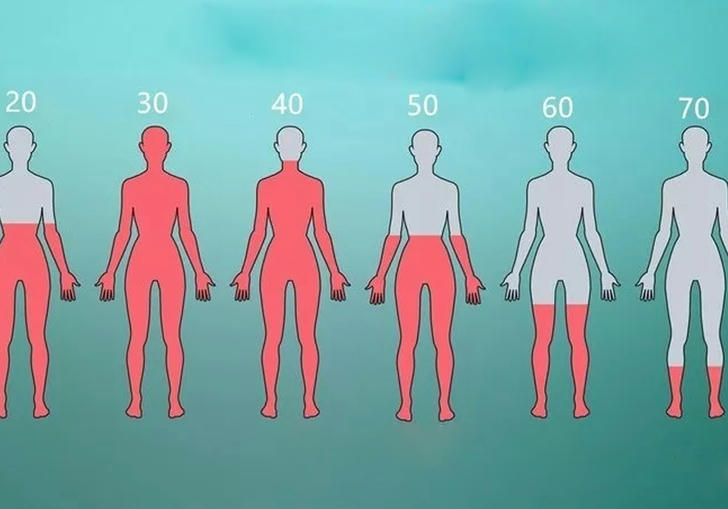
What is estrogen? Maybe women are more familiar about it. Estrogen is a hormone produced in the ovaries. It plays a major role in the female reproductive system. Of course, it's also present in small amounts in males. There are many causes and effects on women’s low estrogen.
Symptoms of Low Estrogen

If you have any problems as following, you may need to to check if you have low estrogen levels
√ Feeling tired, flabby, and like you're out of your prime.
√ Finding it nearly impossible to get in the mood for sexual intimacy.
√ Having headaches.
√ Mood swings are keeping you on edge all day long.
√ Another terrible thing is that feeling your body is experiencing a faster aging process. In fact, aging often gets unfairly blamed for frustrating symptoms that are caused by a single (completely treatable) issue: low estrogen.
Treatment involves the female hormone oestrogen with gradually increasing doses over several years, given by mouth from 12 or 14 years of age. This helps in breast development and maturation of the uterus, leading to periods (menarche).
Causes of Low Estrogen Levels
A number of different conditions can result in low estrogen levels in females. Some causes include:
• Early menopause by a hysterectomy
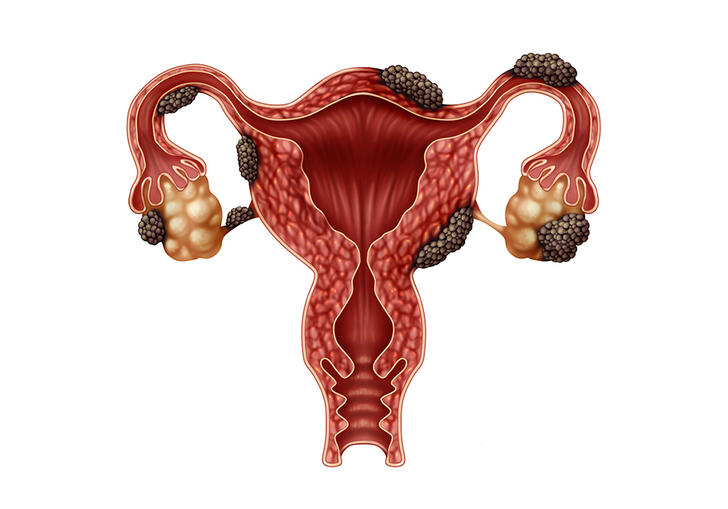
As is known to all, estrogens affect the ovaries, vagina, fallopian tubes, uterus, and mammary glands. Especially, estrogens take great role in the ovaries, effectively stimulating the growth of the egg follicle and the pituitary gland in the brain to release hormones that assist in follicular development. So if the ovaries are damaged or removed, such as a complete hysterectomy—a surgical procedure removing the uterus and ovaries will surely trigger low estrogen. And you'll go through the menopause immediately after the operation, regardless of your age.
• Excessive exercise

According to a new Public Health Sciences Division study, excessive exercise may not be ovulating normally, which may result in lower-than-optimal levels of estrogen being produced. So as women, we should engage in moderate exercise per week and don't overdo it!
• Thyroid conditions
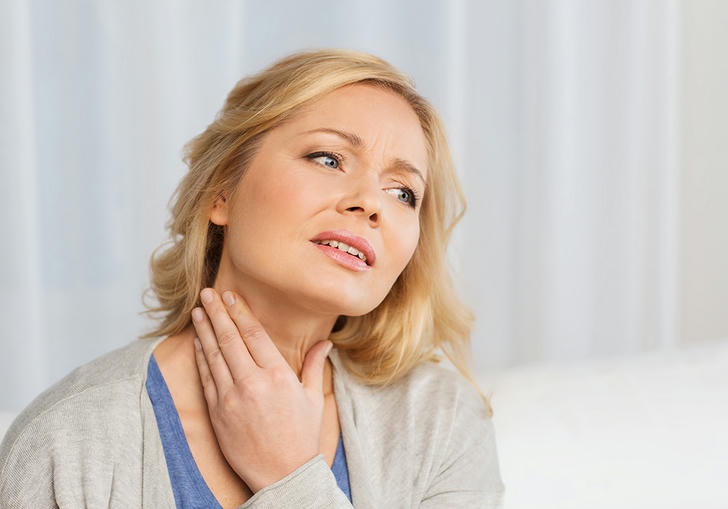
Researchers concluded that estrogen levels may be associated to hypothyroidism, because the low function thyroid slows this elimination pathway and results in a buildup of estrogen. Why thyroid affect estrogen? Due to some special protein molecules, it can bind to thyroid hormones and therefore usher them into cells where they regulate metabolism. Thus we need to have a very balanced control our thyroid conditions to avoid some increased risk of breast cancer, uterine fibroids and ovarian cysts.
• Pituitary gland dysfunction

Prolactin is a hormone made by the pituitary gland, a small gland at the base of the brain. However, the overproduction of prolactin will trigger the abnormal levels of sex hormones. It affects men and women differently - estrogen in women and testosterone in men. A significantly symptom in women, it is irregular menstrual periods. For some pregnant women and new mothers, prolactin levels are normally high.
• Eating disorders- Anorexia, bulimia
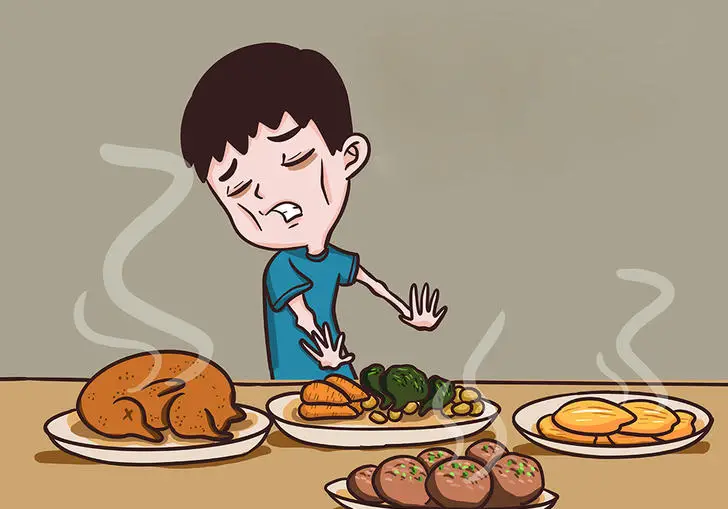
An eating disorder such as anorexia can impact hormonal changes due to malnutrition and self-starvation, and bulimia can also cause a hormone imbalance due to an over-abundance of testosterone and an insufficiency of the female sex hormone. If your estrogen metabolism is altered for a long time, concentrations of sexual and thyroid hormones will fall as well, then it will possibly cause osteoporosis, or weakening of the bone.
• Malnutrition

Can poor diet cause low estrogen? Yes! We know that we need to eat some nutrition, for sake of enough protein and fats. And some scientific data shows that the women following the healthy diet will experience a 40% increase in total estrogen levels compared with women who made no dietary changes. Meanwhile, hormonal will change in a person with an eating disorder in response to malnutrition.
• Turner syndrome
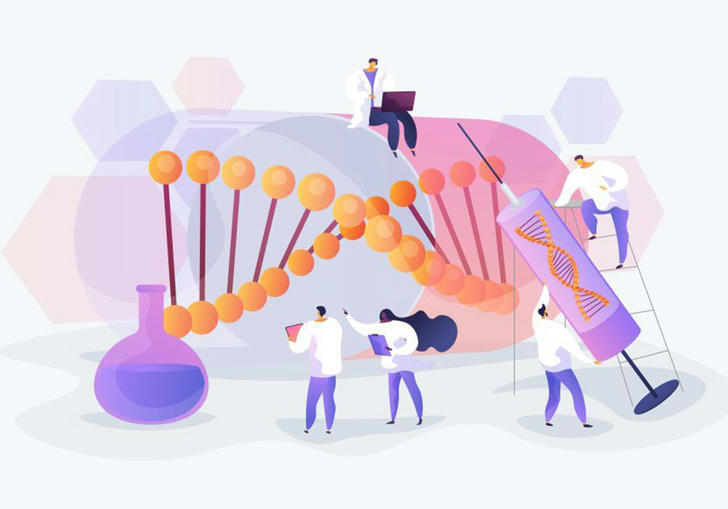
It is a genetic defect in which a person has only one X chromosome, instead of two sex chromosomes, which causes developmental abnormalities and infertility. There is a common symptom in people with Turner syndrome is early ovarian insufficiency. As we all know, the estrogen, and healthy sexual development won't produce without ovaries being incapable to cause sex hormones. Luckily, synthetic estrogen effectively replaces these hormones if the body can't make them itself. A very significant problem occurred in girls during adolescence with Turner syndrome is that increasing risk for osteoporosis.
• Genetic defects
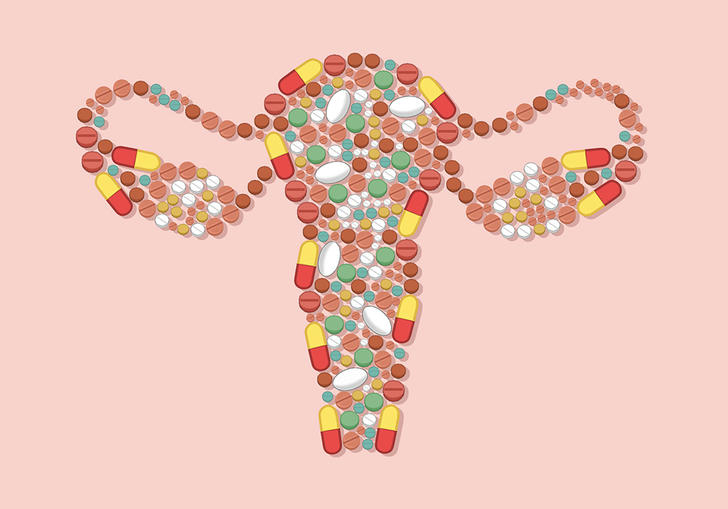
It is one significant reason that causes premature ovarian failure. Especially for women, if there are some genetic defects in their body, their estrogen may be highly abnormal. The estrogens play a role in many physiological processes, such as reproductive development and function, wound healing, and bone growth. Also there is another well-established role in determining susceptibility to disease, particularly cancer, in reproductive tissues.
• Autoimmune conditions

Many diseases cannot find a clear triggers, so they are more prone to the development of autoimmune conditions. According to some researches, the female hormone estrogen is likely to affect the immune system.
• Effects of chemotherapy
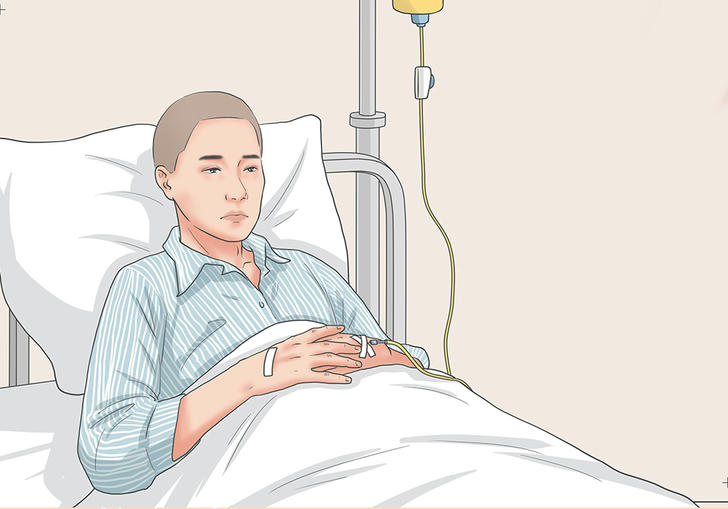
Based on some clinic data, if you go through chemotherapy, or even after completing it, you may notice that you start skipping periods or stop them entirely. It can happen in any time according to different conditions. Generally speaking, hormone levels after the treatment will be likely to decrease.



